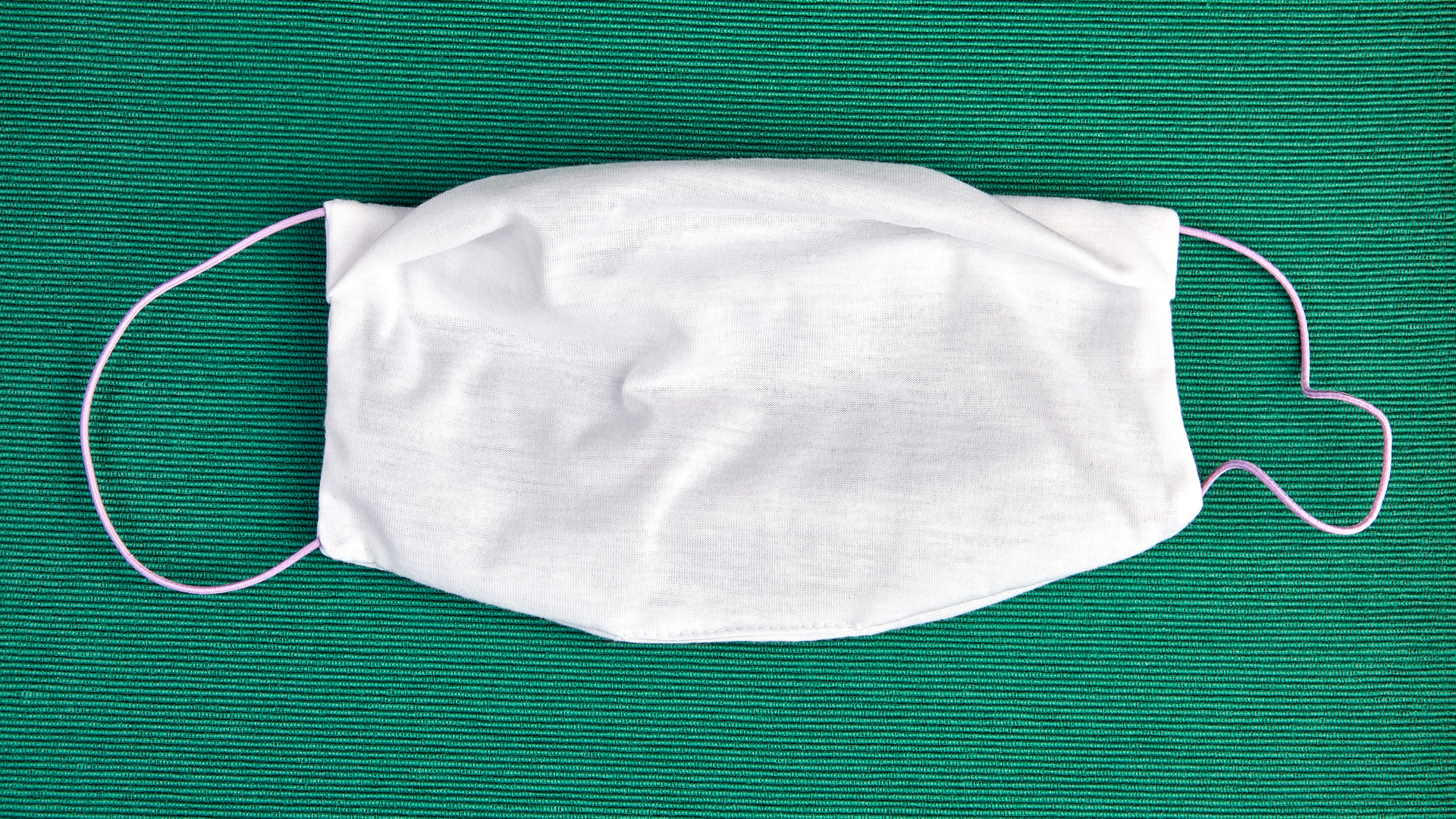
No matter how hard you might try to keep your stress levels to a minimum, it still has a way of sneaking up on you. In a modern world filled with a lot of work and social obligations, stress is, unfortunately, a frequent problem for many people. But is there a point where it might be more than just stress? What if it's something more serious - what if it's depression?
While both stress and depression have some crossover with each other, they are also both very distinct things. Stress can often be lessened or conquered at home, while depression usually requires the help of a doctor or therapist. Here's how to tell what you're dealing with so you can decide how best to treat it.
Stress is the human body's natural response to scary or threatening situations. That means that stress is actually a good thing because it's designed to keep you safe. For many people, though, it can be a constant burden. The signs of stress manifest in different ways - physically and emotionally. Some common signs include:
- Moodiness
- Wanting to isolate yourself or avoid other people
- Headaches
- Sleep problems
- Changes in appetite (overeating or undereating)
- Irritability
- Upset stomach
- Anxiety
These are just a few of the signs of stress. Often times these symptoms have a clear trigger. Triggers might include an important school or work project or another major event happening in your life. If this is the case and the symptoms have not gone on for very long, you are likely suffering from stress. Fortunately, there are ways that you can go about treating it at home. These include meditation, regular exercise, and setting aside time to do relaxing activities, such as reading. It's also important to have a support group of friends and family members who can help you through the most difficult times.
Several of these symptoms do overlap with signs of clinical depression. Depression, though, will go on for months or even years, and can strike at any time, even if your life seems to otherwise be going well. Some of the symptoms of depression include:
Feeling empty or listless
- Loss of interest in previously enjoyable activities
- Not feeling up to anything - wanting to stay home or lie in bed all day
- Feeling worthless or guilty, or like everyone hates you
- Thinking people would be better off without you
- Wanting to hurt yourself
Many of the stress symptoms mentioned earlier, such as problems eating or sleeping, are also seen in depression.
In general, depression is more significant and lasts longer than stress. That's not to say that stress can't also be terrible to experience. It absolutely can. But while stress can usually be handled at home, someone with depression should get professional help.
You should get medical help for depression if you have many of the symptoms listed here and have had them for more than a few weeks. You don't need to see a specialist right away. You can go to your family doctor and they can help or direct you to a therapist or specialist if needed. A treatment regimen for depression often includes therapy, medication, and lifestyle changes.
Remember, suicidal thoughts are never normal. You may think that everyone has these thoughts sometimes, but that's not true. It's a sign of a serious mental illness. If you find yourself thinking about hurting yourself in any way, you should get medical attention immediately.
Stress and depression both have their own challenges and it's not a weakness to want to get help for either one. When in doubt, it's always a good idea to ask a professional for their opinion. Then they can direct you to the help that you need, regardless of what's causing you emotional pain.
- Log in to post comments
